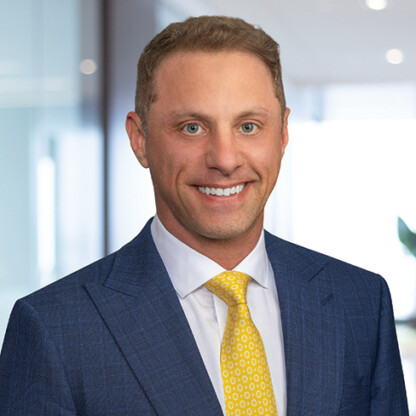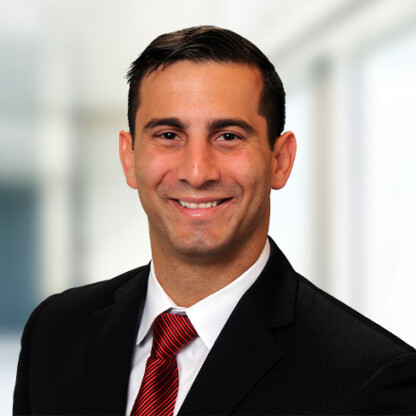Lacktman, Ferrante Discuss Proposed Legislation Aimed at Combatting Substance Abuse
March 5, 2018
mHealthIntelligence
Partner Nate Lacktman and Senior Counsel Thomas Ferrante were quoted in an mHealthIntelligence article, “Congress Turns to Telemedicine to Take on Substance Abuse Epidemic,” about two bills pending in Congress that would ease restrictions on the prescribing of controlled substances to patients in telehealth-based drug treatment programs.
Lacktman and Ferrante said current federal law does not per se prohibit the use of telemedicine to prescribe controlled substances, and that a provider may do so if he or she has conducted at least one in-person exam of the patient or meets a ‘practice of telemedicine’ exception to the law’s in-person exam requirement. The problem, they said, is that the ‘practice of telemedicine’ exceptions in the law are very narrow, highly technical, and simply outdated.
“The practice of telemedicine has evolved exponentially in the decade since the [federal law] was passed, and the regulations fail to account for how legitimate telemedicine services are delivered today,” the pair said. “For that reason, the exceptions do not easily align with direct-to-patient service models frequently sought by patients in areas such as telepsychiatry or substance use disorder treatment. In addition, there is a nationwide shortage of psychiatrists and board certified substance abuse addiction specialists, coupled with the nation’s tragic opioid crisis, making telemedicine services an attractive resource.”
Lacktman and Ferrante’s quotes were sourced from their recent Health Care Law Today blog post, which can be found here.
Lacktman and Ferrante said current federal law does not per se prohibit the use of telemedicine to prescribe controlled substances, and that a provider may do so if he or she has conducted at least one in-person exam of the patient or meets a ‘practice of telemedicine’ exception to the law’s in-person exam requirement. The problem, they said, is that the ‘practice of telemedicine’ exceptions in the law are very narrow, highly technical, and simply outdated.
“The practice of telemedicine has evolved exponentially in the decade since the [federal law] was passed, and the regulations fail to account for how legitimate telemedicine services are delivered today,” the pair said. “For that reason, the exceptions do not easily align with direct-to-patient service models frequently sought by patients in areas such as telepsychiatry or substance use disorder treatment. In addition, there is a nationwide shortage of psychiatrists and board certified substance abuse addiction specialists, coupled with the nation’s tragic opioid crisis, making telemedicine services an attractive resource.”
Lacktman and Ferrante’s quotes were sourced from their recent Health Care Law Today blog post, which can be found here.
Related News
August 8, 2025
In the News
Gregory Husisian and David Simon Uncover the High Stakes of Tariff Evasion
Foley & Lardner LLP partners Gregory Husisian and David Simon are featured for their insights on how the U.S. government is cracking down on tariff evaders in the Newsweek article, "America Is Making Billions From Catching 'Tariff Cheaters.'"
August 7, 2025
In the News
Kyle Faget Weighs in on Trump Pharma Tariffs
Foley & Lardner LLP partner Kyle Faget assessed the Trump administration's implementation of import tariffs on the pharmaceutical industry in the Pharma Life Sciences article, "Trump's pharma import tariffs threaten drug pricing, generics."
August 5, 2025
In the News
Aaron Maguregui on Health Data Sharing Plan – 'I would expect the FTC to be heavily involved'
Foley & Lardner LLP partner Aaron Maguregui addressed a new health care data sharing initiative announced by the federal government in the Bloomberg Law article, "Digital Data-Sharing Plan Tests Limits of Health Privacy Rules."

